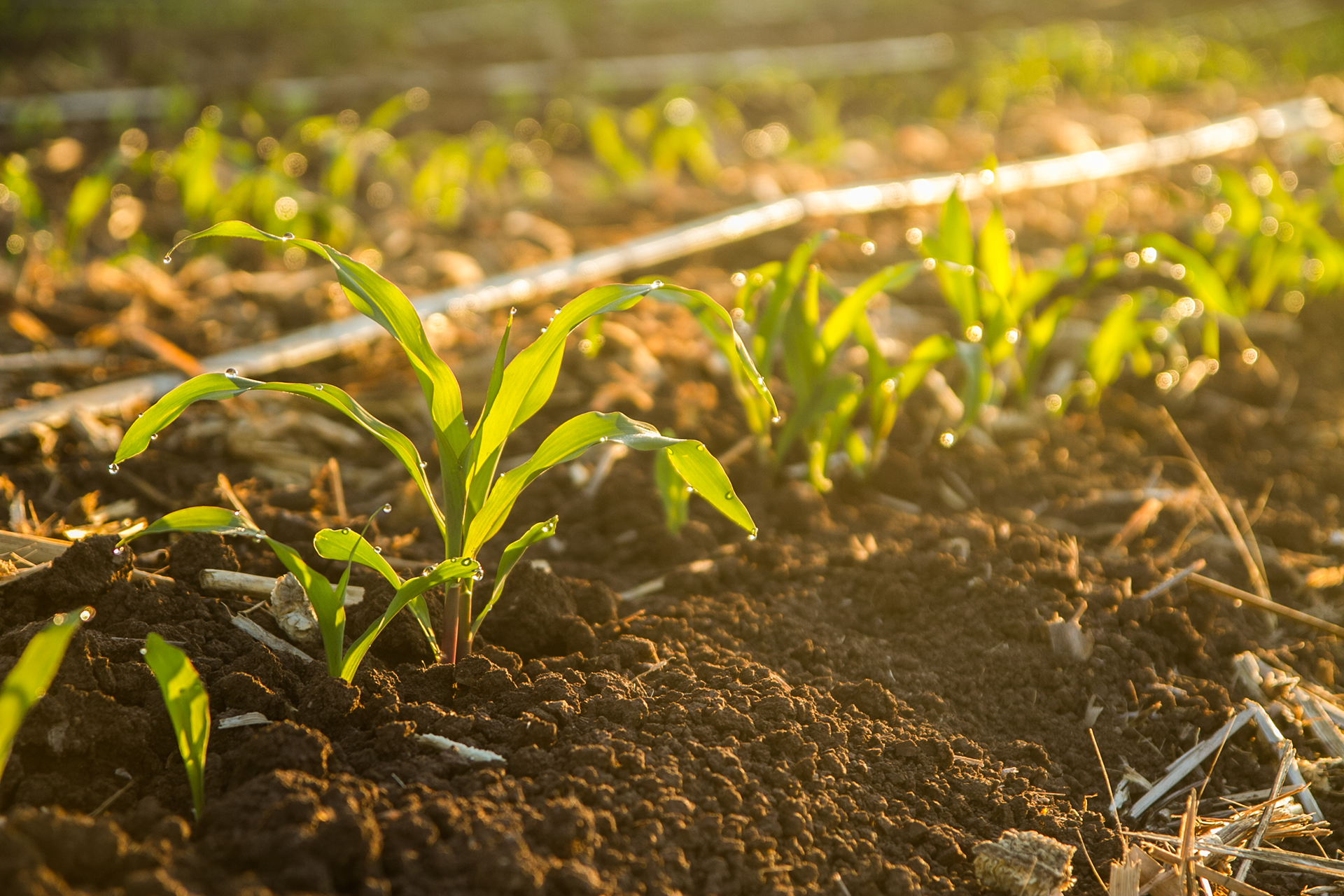Experts gathering for a ground-breaking international conference on food systems are this Friday, on World Pulses Day (10 February), encouraging people to adopt diets packed with pulses to benefit the health of people, animals and our planet – and save money.
As recession hits many parts of the world and the cost of living and food skyrocket, consumers are tightening their purse strings. Research undertaken by Aarhus University in Denmark in December found that Europeans were changing their eating habits in response to economic pressures, with nearly 40% saying they are buying less red meat and a third reducing their fish and poultry purchases.
Scientists and experts speaking at the Extinction or Regeneration conference on food systems in London this May are advising that pulses are not only highly nutritious and cheap, they are also a healthy source of protein and sustainable. Shifting diets away from reliance on meat, fish and dairy, and towards proteins like lentils, chickpeas and beans would have benefits for health, animals and our planet.
Philip Lymbery, Global CEO of Compassion in World Farming, the conference organisers, said: “A common myth we hear perpetuated is that we need to continue intensive animal agriculture in order to feed the world. However, we already produce enough food to feed almost twice the current world population but much of it is wasted. The biggest cause of food waste on the planet is feeding human edible grains to factory farmed animals. It’s this we need to stop. The Extinction or Regeneration conference will explore solutions including shifting to regenerative food systems and more plant-based diets, including pulses.”
Shireen Kassam, visiting Professor in plant-based nutrition, University of Winchester, adds: “Pulses are a great addition to the diet. Not only are they associated with a lower risk of heart disease, type 2 diabetes and a healthier weight, they have shown to improve both health span and lifespan. The majority of people are not eating nearly enough to reap the benefits, yet they can be incorporated into all traditional and cultural diet patterns and are a great source of healthy nutrients such as protein and fibre.”
Vandana Shiva, activist, academic and campaigner, comments: “The Indian diet is based on pulses, as they are nutritious and affordable. They also have a wider environmental benefit; the harvesting of pulses leaves behind nitrogen-rich crop residues that help maintain and increase soil fertility – a far more sustainable process than using synthetic fertilisers. This also helps tackle food insecurity. I would encourage people to grow pulses for sustainability and to eat pulses for their health. I’m looking forward to speaking at the Extinction or Regeneration conference and playing a part in developing a policy roadmap towards a global food system that benefits the health of people, animals and our planet.”
World Pulses Day is a global event launched by the United Nations five years ago to raise awareness of the nutritional benefits of pulses – also known as ‘legumes’ – as part of sustainable food production with the aim of enhancing food security and nutrition.
Conference partner, Eating Better, recently launched its ‘Anything is Pulse-able’ campaign to raise awareness of the health, cost-saving and environmental benefits of pulses. The campaign highlights how lentils, peas and beans are the unsung heroes of kitchens around the world. Used across many cultures, they’re nutritional and culinary powerhouses. Not only are they a versatile kitchen staple, they are also nutrient rich and affordable.
The hybrid Extinction or Regeneration conference is organised by Compassion in World Farming and a number of other partners. Held at the QEII Conference Centre in London and online, the event will offer individuals, organisations, companies and other experts the opportunity to present solutions across environmental, public health, food business, food policy, conservation, finance and animal welfare concerns.
Key sessions include Olivier de Schutter, UN Special Rapporteur on extreme poverty and human rights and Melissa Leach, Director of the Institute of Development Studies (IDS) discussing ‘The impact of the global food system on human, animal and planetary health.’ Other plenaries include a session on dietary shifts with Marco Springmann, Professor in Climate Change, Food Systems and Health at London School of Hygiene and Tropical Medicine and Edie Mukiibi, President of Slow Food International.
Taking place over two days – 11 and 12 May – attendees will be encouraged to share their expertise and insights to collectively build a pathway towards a sustainable food system that creates a better future for the planet and all those who inhabit it.
For further information about the event and to register visit: www.extinctionconference.com









